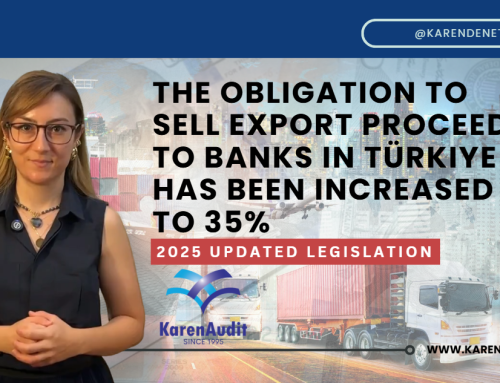October 11, 2022
A planned overhaul of corporate taxes has been postponed, and Clyde Caruana attributes the decision to dwindling support for a worldwide minimum corporate tax on the part of other countries.
Considering that there is no longer any worldwide momentum in favor of a minimum corporate tax, the finance minister stated on Friday that “Malta will not rush the gun.”
In order to maintain stable income streams, Caruana had earlier this year stated that the tax authorities were evaluating ideas for a new corporate tax framework. The modification was made to bring Malta into line with global initiatives to enact a 15% effective minimum company tax rate.
In December of the previous year, the European Commission put up a directive proposing a minimum effective tax rate for large multinational corporations’ international operations. The plan fulfilled the EU’s promise to be among the first to put into effect the historic international accord on tax reform.
Hungary, however, is vetoing the measure because it needs to be approved by all member states in order to become law.
At the most recent meeting of EU finance ministers, Caruana said that his Hungarian colleague assured him that Hungary would not compromise on its veto.
Malta’s top corporation tax rate is 35%, the same as personal taxation, and there is no separate company tax system in place. Malta, on the other hand, uses an imputation mechanism that grants businesses sizable returns on locally taxable income. The tax rate for businesses is effectively lowered to 5% under this scheme.
When Malta entered the EU, the system had been approved by the European Commission. However, larger nations like Germany and France have pushed for harmonised corporate taxation throughout the years to prevent big businesses from moving earnings to low-tax nations like Malta.
Taxation is a matter of national jurisdiction, and any modifications at the EU level require unanimous Council approval.
Malta has consistently opposed any EU-level efforts to harmonize taxes, but when the UK exited the union, it lost a key friend.
Malta eventually agreed to the OECD’s less radical position, which called for a 15% worldwide minimum tax on corporate earnings. The current system would have needed to be revised as a result of this.
Hungary’s veto has so far prevented the EU from being the first to travel that path.
Malta is currently taking a wait-and-see stance. When the moment is right for us to act, we will, according to Caruana. “We will wait for greater clarity to emerge at an international level.”
Source: Malta Today
Legal Notice: The information in this article is intended for information purposes only. It is not intended for professional information purposes specific to a person or an institution. Every institution has different requirements because of its own circumstances even though they bear a resemblance to each other. Consequently, it is your interest to consult on an expert before taking a decision based on information stated in this article and putting into practice. Neither Karen Audit nor related person or institutions are not responsible for any damages or losses that might occur in consequence of the use of the information in this article by private or formal, real or legal person and institutions.






